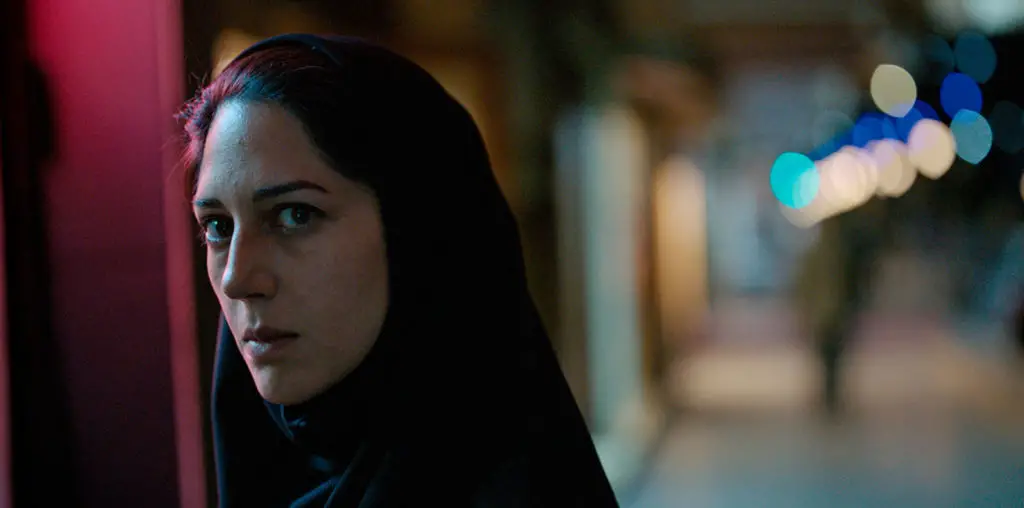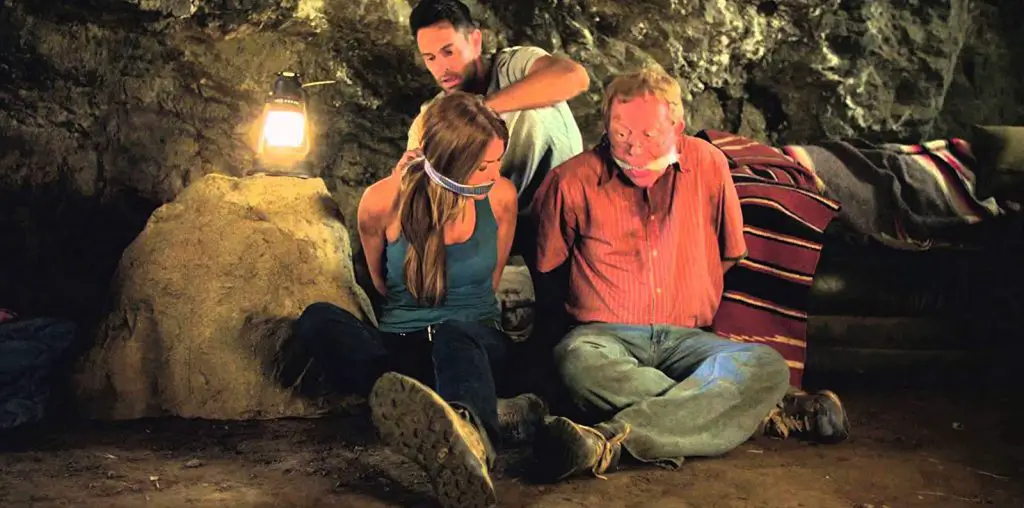
“Champion Blues” is a small, satisfactory documentary on the life and music of Mickey Champion, a jazz and blues vocalist whose peak period was the 1940s and 1950s but who is still belting out songs today at age 70. Her talent is an extraordinary combination of a powerful voice and shining personality, and it is a shame the film never measures up to what she can offer.
Mickey Champion was born in Lake Charles, Louisiana, but came to Los Angeles in her early twenties as the bride of a soldier who was stationed in California during wartime. Champion quickly found her way to the Central Avenue section of the city, which at the time was the epicenter of the African-American society and culture. Almost immediately upon her arrival, Champion was heard and signed as a vocalist with Roy Milton’s band and she became a popular headliner in the Central Avenue nightclubs. Although she recorded several records with the band and later as a soloist, mainstream stardom eluded her and by the 1960s she needed to take a job as a cook with the Los Angeles public school system to supplement her income. Today, Champion is still active and still belting out her unique brand of jazz and blues for audiences ranging from the prestigious Monterey Blues Festival to small restaurants and bars, often filling her performing venues without the aid of a microphone.
“Champion Blues” must have been a very difficult film to produce. There is no film footage of Champion performing in her prime and only a few vintage recordings are used to illustrate her style, so the audience is fairly limited in appreciating Champion’s talents during her early years. Many of her contemporaries and some of her younger fans rally to her cause, and while there is no reason to doubt their praise there is still little cause to show interest in someone whose prime work was never preserved. At one point Champion claims that she inspired Tina Turner during the early Ike years, though it seems difficult to see or hear any similarity between the two performers; Tina, of course, is nowhere to be seen or heard in this film.
Furthermore, the film leaves out significant chunks of Champion’s life. Her work with Roy Milton soon lead to the birth of a son, but the film never states what happened to her first husband or even whether she and Milton ever married; her son, who has the surname Milton, is interviewed, so one can assume the union became legal. The press notes for the film state Champion had other children, but none are present here. Even more upsetting is the absence of her life story from the late 1960s through today. Where was she performing during this period, or was she? It is never clear.
What “Champion Blues” has going for it, however, is Champion in performance today. A small woman given to flashy clothing, Champion shakes the world with a remarkably strong voice and enough rough sass to turn on an audience young enough to be her children or grandchildren. Whether singing innuendo-heavy ditties (complete with an exaggerated spread of her legs) or shaking her stuff on stage with more sass and genuine satisfaction than J-Lo or today’s divas could ever imagine, Champion is the best argument against naysayers who think growing old means slowing down. Several times in the film, she walks off the stage without a microphone and continues in song (either going down a street or riding up and down escalators), returning to the source of the music without missing a beat or going off-key.
The woman is too much fun and perhaps it was a shame that “Champion Blues” was not designed as a concert film rather than a documentary profile. A filmed record of an evening with Mickey Champion would not only make a killer film, but it would finally give due to an artist who was too-long overlooked.

